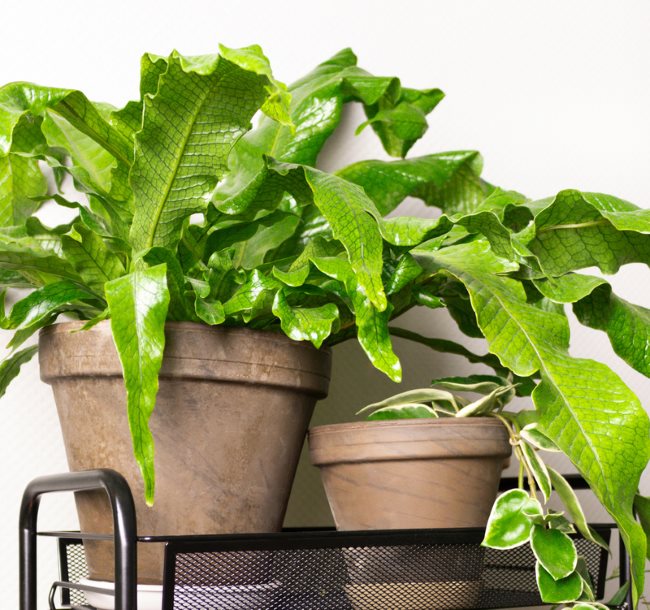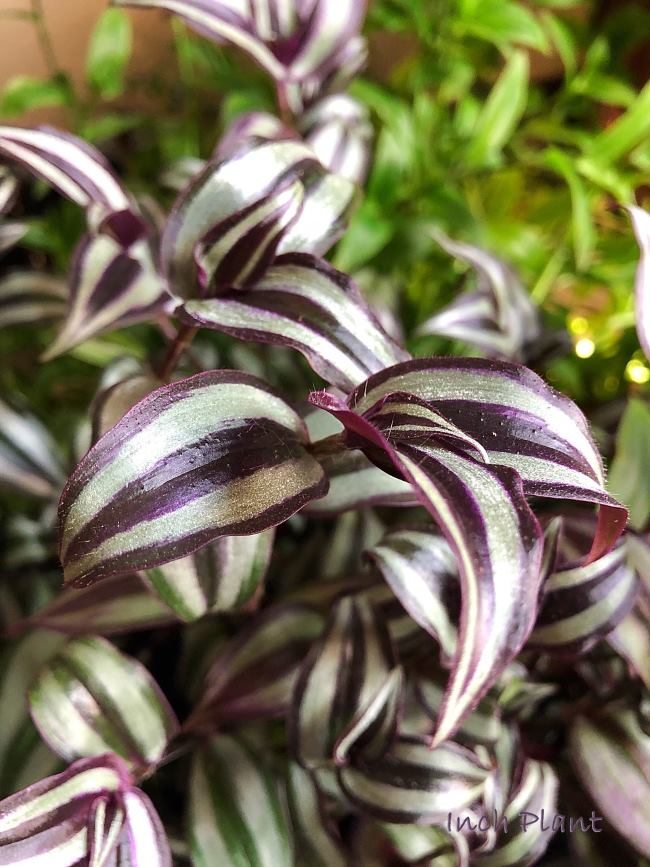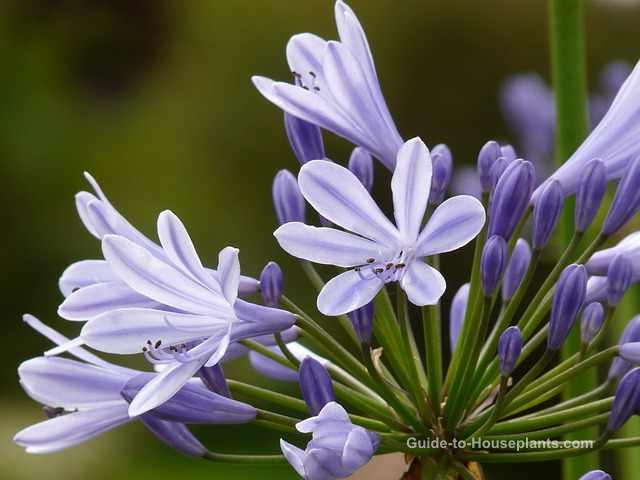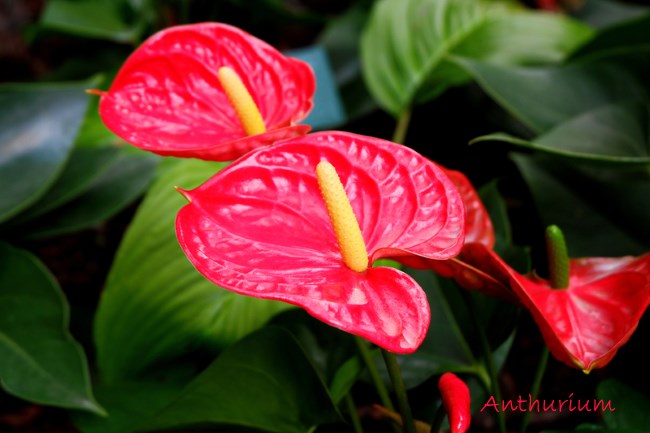Crocodile Fern Indoor Care
Botanical Name: Microsorum musifolium 'Crocodyllus'
Crocodile Fern has shiny, bright green fronds in a captivating croc pattern, making this tropical fern irresistible as a houseplant. Fortunately for us, it's also one of the easiest types of ferns to grow indoors.
This Aussie native grows as an epiphyte (a plant that grows on trees) in the warm, moist, tropical rain forests. Despite its tropical beginnings, Crocodile Fern adapts well to being a house plant.
Place your potted fern where it is out of direct sun and away from drafts, which can scorch the fronds. Boost humidity and you'll keep it healthy and thriving for many years.
 Handsome, textured foliage give this fern its charming appeal. Photo ©RorygezFresh
Handsome, textured foliage give this fern its charming appeal. Photo ©RorygezFreshCrocodile fern grows in a whorl of vibrant, deeply veined, spear-shaped fronds, which reach about 2 ft (60 cm) in length. Put this eye-catching fern on a plant stand or in a hanging basket to show it off.
Crocodile Fern Problems, Solutions and Answers
As Crocodile Fern ages, the oldest, outer fronds will turn brown. This is normal. You can cut them off to keep your plant looking its best. Hot, dry air can also cause fronds to brown. Boosting humidity around it helps.
Those upright fronds tend to be dust-catchers. Keep the broad, shiny fronds dust-free by gently wiping them with a damp cloth. Never use leafshine products on ferns because it can severely damage their delicate fronds.
Repot young plants in spring, every couple years or when the roots fill the pot. If you find that the roots are attached to the pot, run a knife around the inside to loosen them before you can remove the rootball. You may need to break the pot to remove it. It's a good idea to use a container with drainage holes to avoid soggy soil. Take care not to pack down the potting mix. An epiphyte in its native habitat, this fern likes a loose mixture.
Not many pests bother this fern. Watch for scale insects, that look like small, brown discs on fronds. If you find an invasion of these pests, spray with soapy water followed by clean water. Don't use insecticides on ferns because they are easily damaged by chemicals.
Is Crocodile Fern cat-friendly? Yes, it's not poisonous, so you can safely grow this fern indoors around your pets and kids.
Crocodile Fern Care Tips
Origin: Tropical Australia
Height: Fronds can reach 2-3 ft (60-90 cm) long when grown in a container indoors.
Light: Give your plant bright, indirect sunlight. No direct sun, which can scorch the fronds. Give the pot a quarter turn each week for even growth. If you don't have a place in front of a window, a grow light works wonderfully.
Water: Water lightly, yet often to keep potting medium moist, but not soggy. Under-watering will cause the fern to wilt, but too much water can cause roots to rot and fronds to turn yellow. Water less in winter when growth is slower. Remember to always use room-temperature water for watering tropical houseplants; cold water is a shock to them.
Humidity: Give this tropical fern moist air. If the relative humidity drops below 50%, use a humidity tray or cool-mist room humidifier to add moisture to the air around the fern. Indoor air can become extremely dry during the winter months; it's a good idea to use a humidity gauge rather than guess. Brown leaf tips are a symptom of dry air.
Temperature: Average room temps (65-75°F/18-24°C) will suit this tropical fern. Keep your plant away from heat/AC vents, which can be drying to ferns.
Soil: Peat moss-based potting mix is ideal for this fern. Leave that miracle mix on the shelf -- all that built-in fertilizer is too much for ferns delicate roots.
Fertilizer: Feed every 2 weeks in spring and summer with a balanced (such as 10-10-10 NPK) water-soluble fertilizer at half the amount recommended on the package. Feed every couple months in fall and winter, when growth is slower. This fern is not a heavy feeder -- it's roots can suffer from chemical burn from too much fertilizer.
Propagation: M. musifolium grows from semi-woody, branched rhizomes that can be divided in spring and potted separately. Don't bury them; cover rhizomes with about 1-inch of potting mix.


